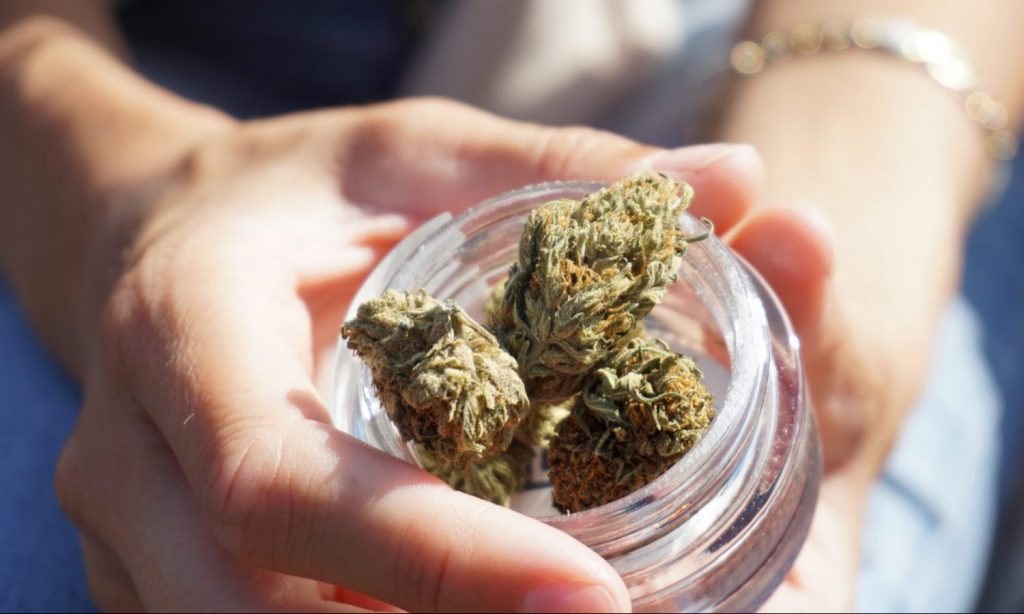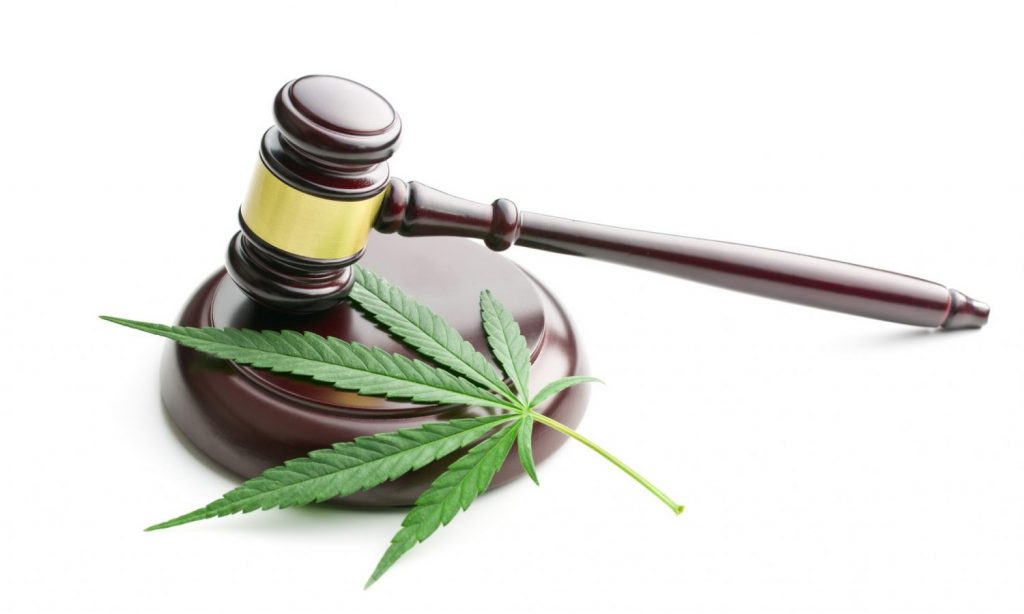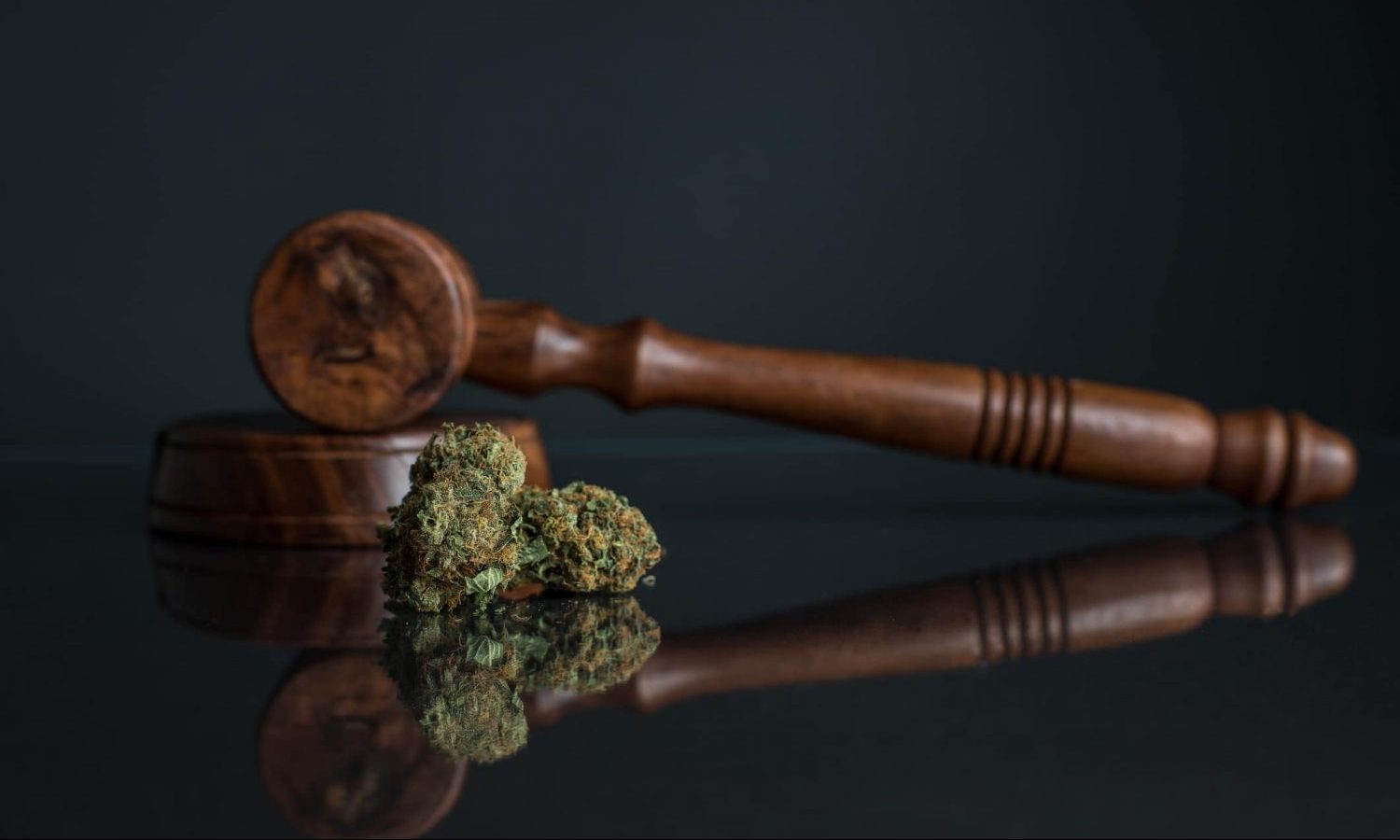While this decision may set back any challenge to the residency requirement under the WA State Constitution, it does not settle open questions as to the residency requirements constitutionality under the US Constitution.
On July 23, 2021, the Thurston County Superior Court granted an order for summary judgment to the Washington State Liquor and Cannabis Board (WSLCB) in a lawsuit filed by Idaho businessman Todd Brinkmeyer challenging Washington state’s residency requirement for marijuana licensing. Because Brinkmeyer is not a Washington resident, he cannot own any stake in a licensed marijuana business, despite the fact that he has been approved as a financer in a retail license.
The order granting summary judgment stated that Brinkmeyer, the plaintiff, “failed to meet its heavy burden to establish that Washington’s Residency Requirement is unconstitutional under Washington’s Privileges and Immunities Clause [because] Plaintiff is not a Washington citizen and Article 1 Section 12 of the Washington Constitution, the Privileges and Immunities clause, does not apply to him.” While this decision may set back any challenge to the residency requirement under the Washington State Constitution, it does not settle open questions as to the residency requirements constitutionality under the US Constitution.

If you are looking for a comprehensive breakdown of the procedural history of the Brinkmeyer v. WSLCB case, look no further than Cannabis Observer which has kept outstanding records as this case has developed. Here is a summary of some major points in the case, as provided by Cannabis Observer:
- June 2020 – Brinkmeyer, sued the WSLCB to overturn the state’s residency requirement. The lawsuit sought a declaratory judgment stating that the residency requirement violated the Dormant Commerce Clause (DCC) of the US Constitution, the Article IV and 14th Amendment’s Privileges and Immunities Clause of the US Constitution, the 14th Amendment Due Process Clause of the US Constitution, and the 14th Amendment of the Equal Protection Clause. The lawsuit also sought relief under the Washington State Constitution pursuant to the Privileges or Immunities Clause in Article I, Section 12.
- July 2020 – The case is removed to federal court (United States District Court for the Western District of Washington) because the much of the relief sought was under the US Constitution and a federal court is better suited to decide these issues than a state court.
- October 2020 – the federal court remands the case back to state court “pending final resolution of the state law claims.” The case then continued in Thurston County Superior Court.
- June-July 2020 – Both Brinkmeyer and the WSLCB submit motions for summary judgment. The superior court grants the WSLCB’s motion for summary judgment solely for the claim under the Washington Constitution for relief under Article 1, Section 12.
According to Cannabis Observer, in issuing her order, the Honorable Mary Sue Wilson stated that “’issues related to the federal dormant commerce clause,’” could be advanced in a federal trial, as that court had ‘retained jurisdiction’ over that clause even as Brinkmeyer’s suit was returned to state court.”
RELATED: What Is Preventing Cannabis Legalization In The US?
The U.S. Constitution contains a passage, commonly referred to as the “Commerce Clause,” which provides that “Congress shall have Power . . . to regulate Commerce . . . among the several States[.]” The U.S. Supreme Court (“SCOTUS”) has long interpreted this clause to include a corollary or “dormant” Commerce Clause (the “DCC”) which has the effect of prohibiting states from enacting laws inhibiting trade among the states.

In a recent case, Tennessee Wine and Spirits Retailers Association v. Thomas, decided in 2019, SCOTUS invalidated a two-year residency requirement for Tennessee retail liquor stores. In applying the DCC to case at hand, the Court wrote “if a state law discriminates against out-of-state goods or nonresident economic actors, the law can be sustained only on a showing that it is narrowly tailored to advance a legitimate local purpose.” SCOTUS determined that “Tennessee’s 2-year durational-residency requirement plainly favors Tennesseans over nonresidents, and found that the law was not “narrowly tailored” to advance a legitimate local purpose and invalidated Tennessee’s residency requirement as unconstitutional.
RELATED: Federal Court Dismisses Case To Reschedule Marijuana But Provides Glimmer Of Hope
It remains to be seen as to whether Brinkmeyer continues his legal battle in federal court. Regardless of that outcome, the question remains as to whether or not Washington’s residency requirement would survive DCC analysis. My guess is that if a federal court were to consider the substance of Brinkmeyer’s DCC claim, it would find that Washington’s residency requirement is unconstitutional because it is not narrowly tailored to advance a legitimate local purpose.
Daniel Shortt is a corporate and regulatory attorney based in Seattle, Washington who works extensively with entrepreneurs in the cannabis industry. You can contact him at info@gl-lg.com or (206) 430-1336.
This article originally appeared on Green Light Law Group and has been reposted with permission.


